
USING NON-MEDICAL MASKS
- Connexions
- 2020-08-18
- 2832
If you are healthy, wearing a non-medical mask or face covering is a matter of personal choice and it might help you to protect others. However any mask, no matter how good it is at catching respiratory droplets or how well it seals, will have minimal effect if it is not used together with other preventive measures, such as frequent hand washing and physical distancing.
Non-medical masks are not Personal Protective Equipment (PPE) and cannot be considered as part of workplace safety planning.

UBC employees are welcome to use non-medical masks while at work, provided:
- They do not prevent individuals from carrying out their duties in a safe way
- Other safety measures, e.g. physical distancing and frequent hand washing are maintained
Departments or units that choose to provide non-medical masks, or face coverings, to students, faculty or staff must inform the recipients of the risks and limitations associated with their use.
Public health guidance around the use of non-medical masks
The Public Health Agency of Canada (PHAC) has recommended wearing homemade non-medical masks or face coverings in the community when it is not possible to consistently maintain a two-metre physical distance from others, particularly in crowded public settings. However, PHAC has indicated local public health officials should make their own recommendations based on a number of factors, including the rates of COVID-19 infection and transmission in their community, so recommendations may vary from location to location.
The Vancouver Coastal Health (VCH) region, currently has very low rates of community transmission of COVID-19 and has managed to flatten the curve better than many other jurisdictions in Canada. Because of that, guidance from VCH is that members of the public may choose to wear a non-medical mask when in public, but we are not recommending it.
Non-medical masks in the workplace
According to Vancouver Coastal Health guidance, wearing a mask in the workplace is not recommended or necessary. Workplaces in B.C., including at UBC, are developing COVID-19 safety plans which include a number of measures in place to prevent transmission. WorkSafeBC suggests the use of non-medical masks only if all other protective measures have been taken and found to be not sufficient. Even then, WorkSafeBC says masks offer only limited protection. However, you may be required to wear a mask in your workplace depending on the nature of your employment. If you are unsure, consult with your manager or visit the WorkSafeBC website.
Limitations and risks of non-medical masks
- Non-medical masks do not protect the person wearing them as they do not seal to the face and allows virus particles to pass through them.
- Do not offer complete protection for others if the wearer is ill, as only the largest droplets are captured, and are not a substitute for physical distancing.
- Wearing a mask can provide a false sense of security, leading to decreased attention to physical distance and hand washing.
- Self-contamination occurs when touching and reusing contaminated masks. Frequent changing/laundering and proper donning/doffing is required.
- Have potential to cause breathing difficulties, and can be dangerous to wearer with underlying health conditions
Cleaning non-medical masks
Homemade or cloth masks should be cleaned and changed often:
- To clean a homemade cloth mask, wash it using the directions on the original material (for example, if the mask was made from t-shirt material, follow the washing instructions on the t-shirt tag) but in general, warmer water is better. Dry the mask completely (in the dryer using a warm/hot setting if possible).
- Do not shake dirty masks to minimize spreading germs and particles through the air. If dirty cloth masks have been in contact with someone who is sick they can still be washed with other people’s laundry.
- Any damage, fabric break down, or change in fit will reduce the already limited protection of cloth masks.
More information about masks can be found on the British Columbia Centre for Disease Control website.
-
 2022-04-26Are air purifiers environmentally friendly ?
2022-04-26Are air purifiers environmentally friendly ? -
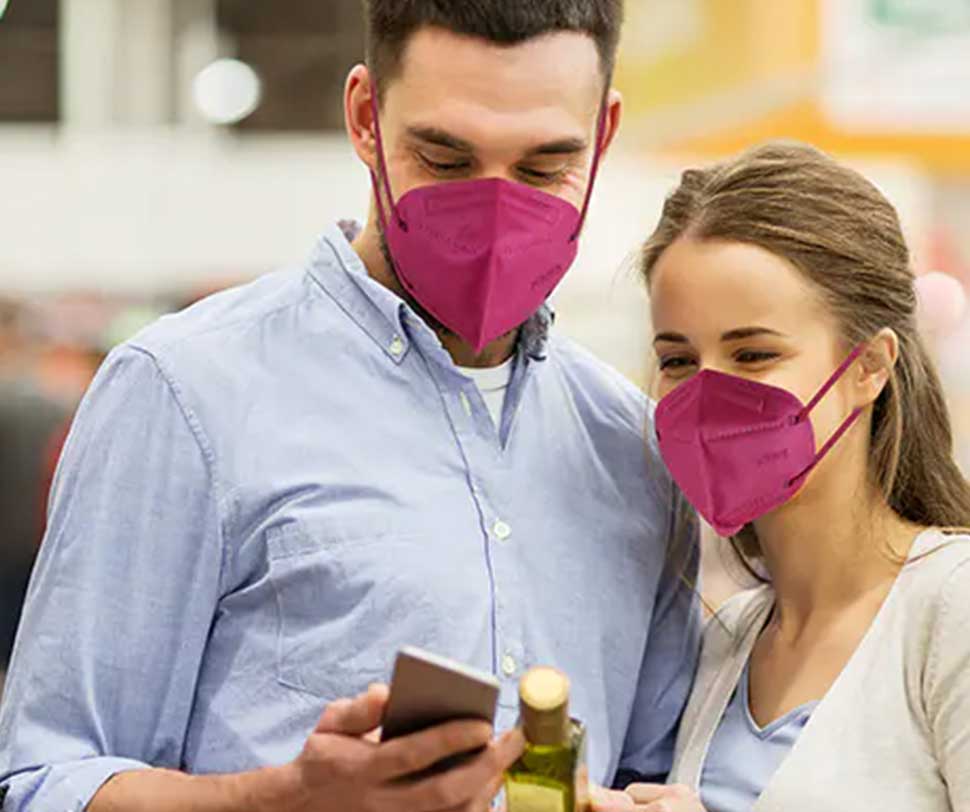 2022-04-26The importance of wearing a mask correctly
2022-04-26The importance of wearing a mask correctly -
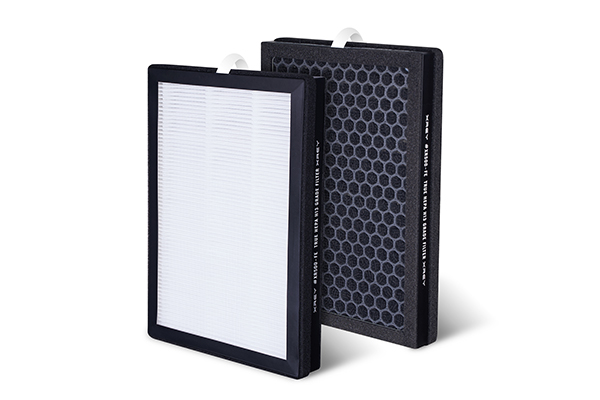 2022-04-27Connexions Air H13 True HEPA Filters
2022-04-27Connexions Air H13 True HEPA Filters -
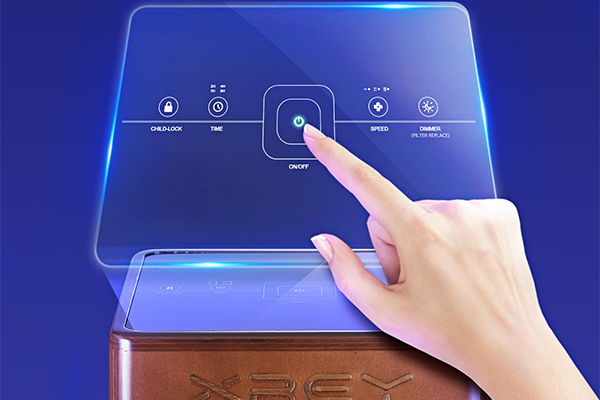 2022-04-29What is the use of anion function of air purifier?
2022-04-29What is the use of anion function of air purifier? -
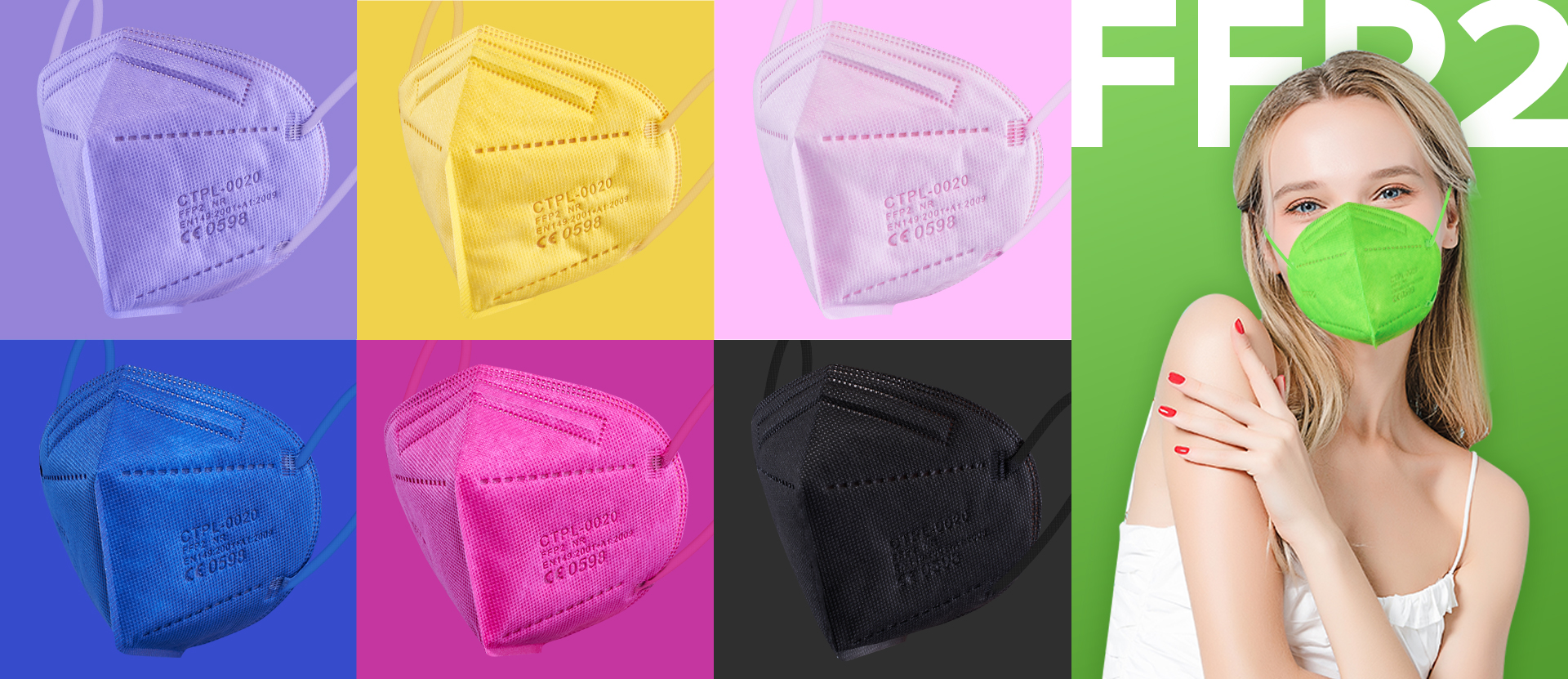 2022-05-08Standardize the wearing of masks, children should not be missed!
2022-05-08Standardize the wearing of masks, children should not be missed! -
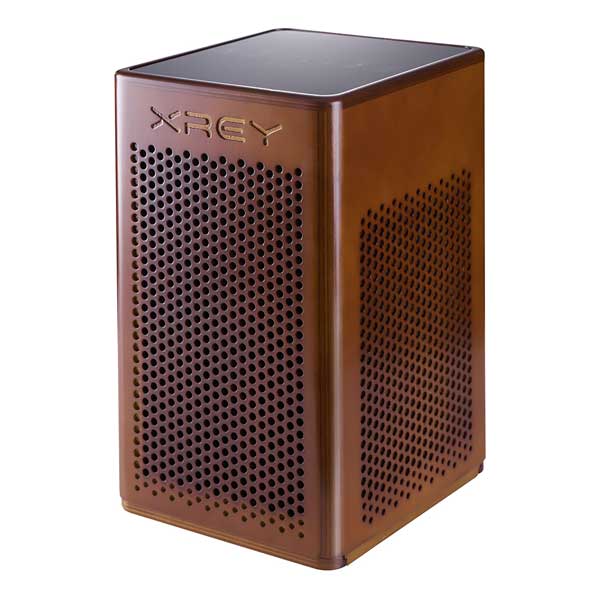 2022-05-16Hazy days, air purifiers are useful?
2022-05-16Hazy days, air purifiers are useful? -
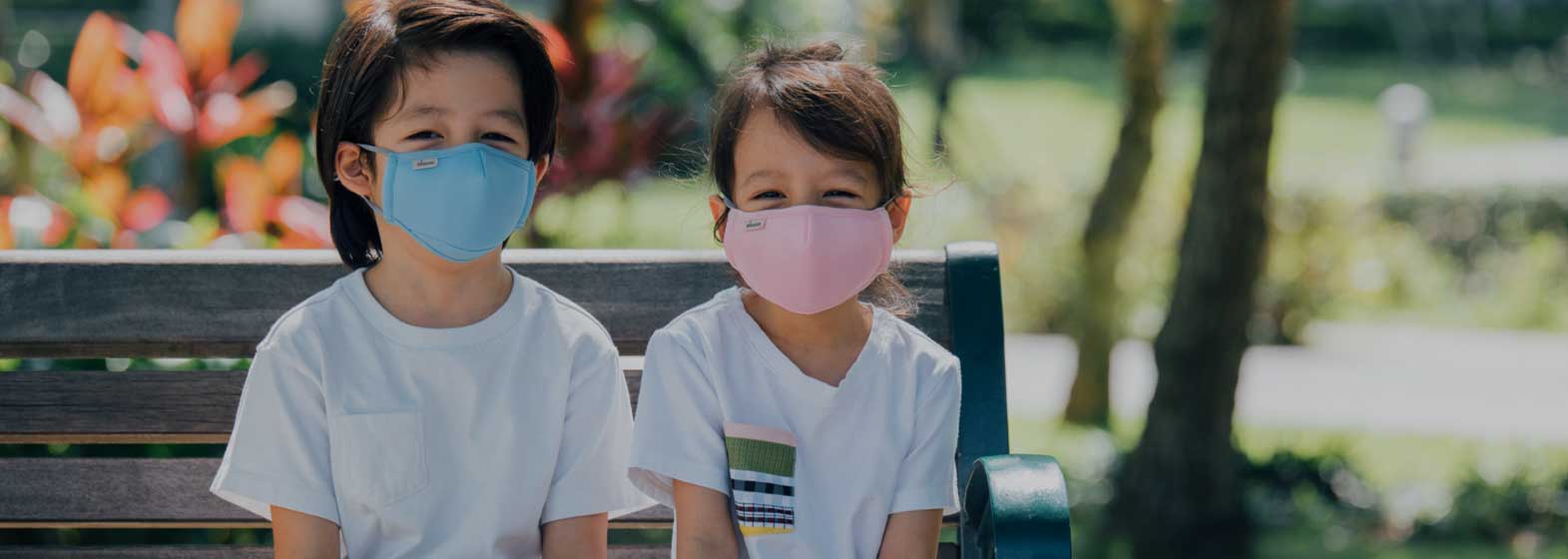 2022-05-16Attention everyone! Don't buy fake FFP2 masks! How do we identify?
2022-05-16Attention everyone! Don't buy fake FFP2 masks! How do we identify? -
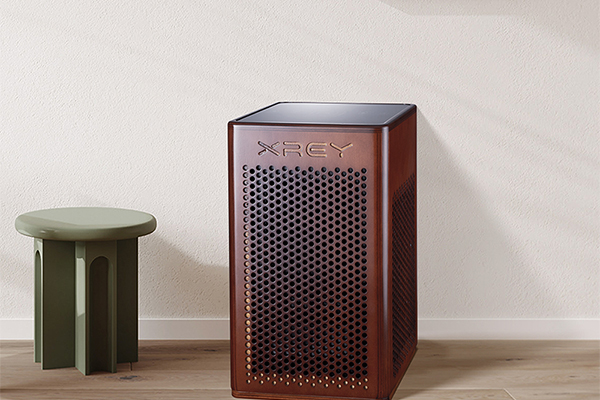 2022-05-17Pay attention to secondary pollution when using air purifiers
2022-05-17Pay attention to secondary pollution when using air purifiers -
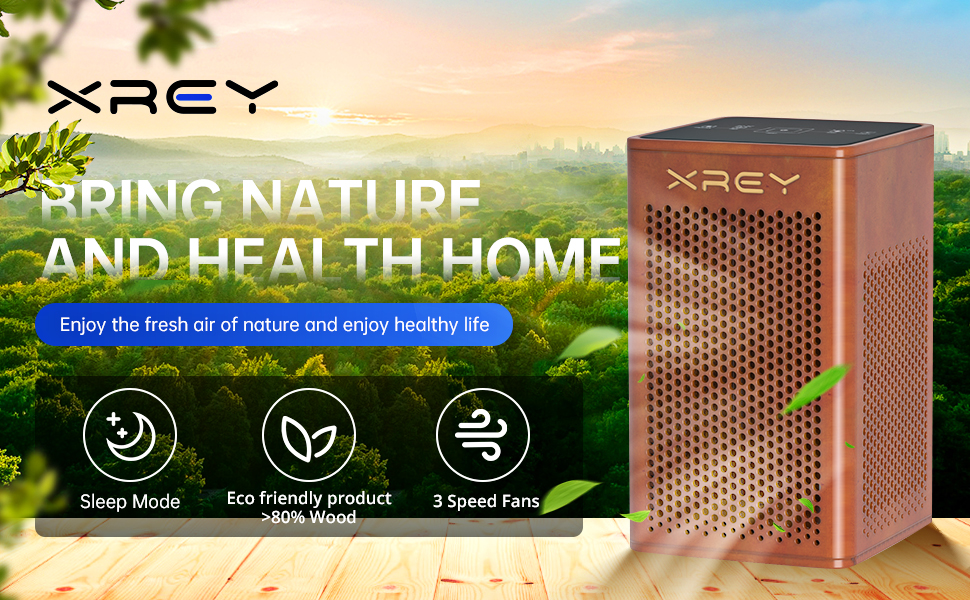 2022-05-17TOP5 pollutants that the purifier can purify
2022-05-17TOP5 pollutants that the purifier can purify
-
 2020-06-02Why do Face Masks Matter With This Coronavirus
2020-06-02Why do Face Masks Matter With This Coronavirus -
 2020-06-02How to Wear Mask
2020-06-02How to Wear Mask -
 2020-06-02Three Principles of Choice of Masks
2020-06-02Three Principles of Choice of Masks -
 2020-06-022020 Situation of Mask Market
2020-06-022020 Situation of Mask Market -
 2020-06-17What other preventative measures can you take to protect yourself from airborne substances?
2020-06-17What other preventative measures can you take to protect yourself from airborne substances? -
 2020-06-08The Advantage of Disposable Face Masks
2020-06-08The Advantage of Disposable Face Masks -
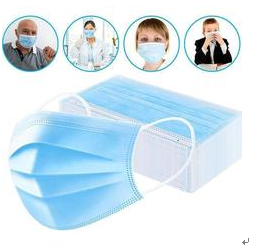 2020-06-093 Ply Disposable Face Mask & Soft & Comfortable Ear Loop
2020-06-093 Ply Disposable Face Mask & Soft & Comfortable Ear Loop -
 2020-06-17What are the regulations for surgical face masks?
2020-06-17What are the regulations for surgical face masks? -
 2020-06-09Do I need to wear a face mask if I am quarantined?
2020-06-09Do I need to wear a face mask if I am quarantined?
CONTACT US


Connexions Technology (Dongguan) Ltd.
We are always providing our customers with reliable products and considerate services.
If you would like to keep touch with us directly, please go to contact us
